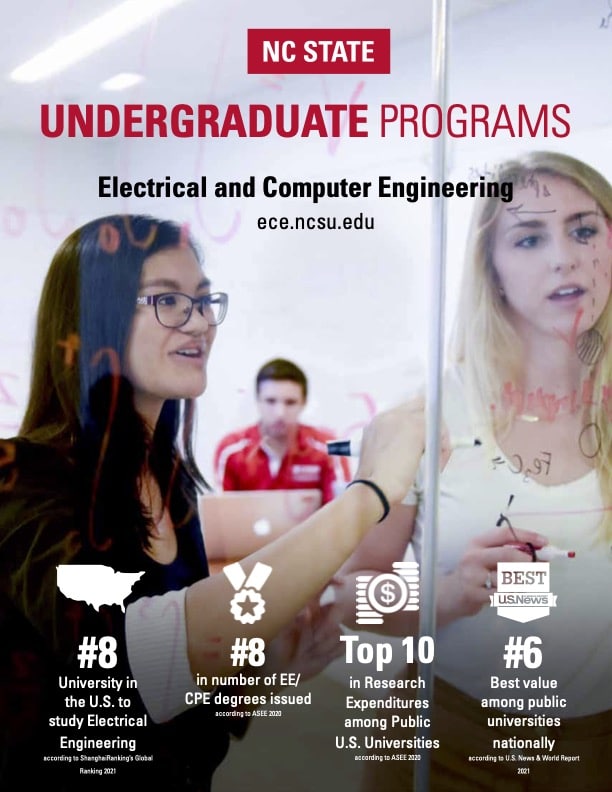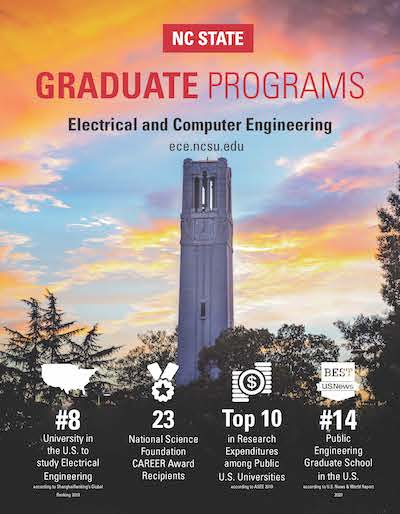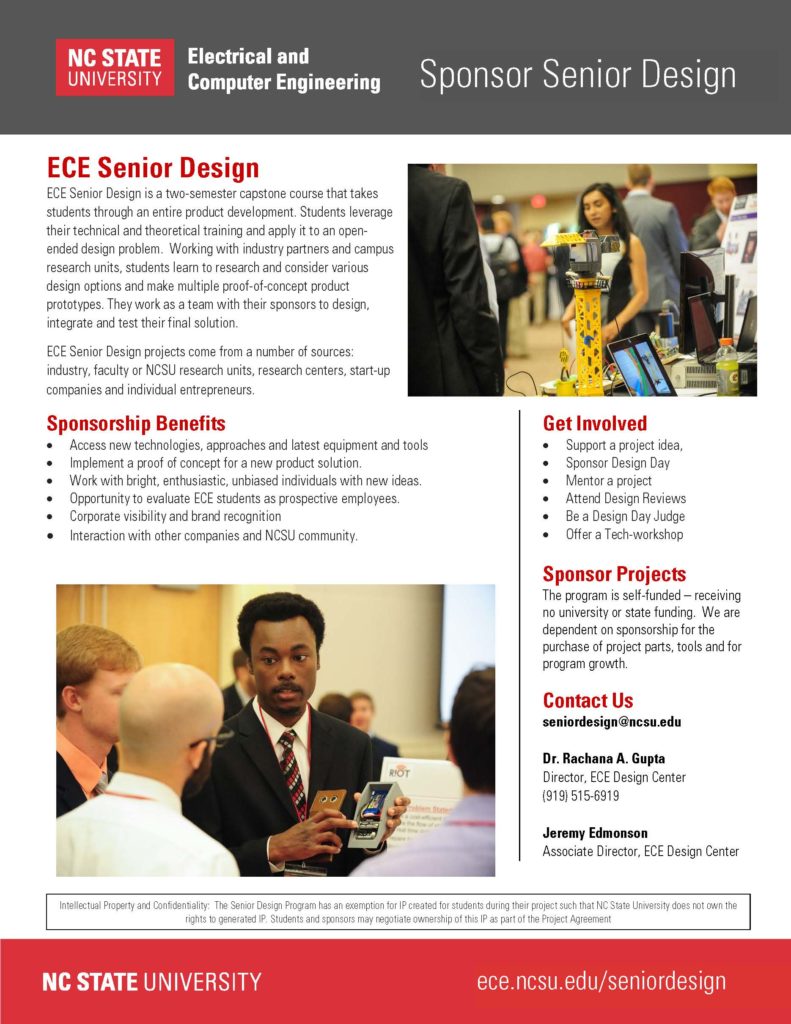Welcome to ECE

#8
University in the U.S. to study Electrical Engineering
according to ShanghaiRanking’s Global Ranking 2021

#5
Best value among public universities nationally
according to U.S. News & World Report

Top 10
In the nation in annual research expenditures
according to ASEE 2019
Who We Are
Of all the departments and fields of study that the NC State offers, the Department of Electrical and Computer Engineering (ECE) has one of the longest histories. The first electrical engineering course, offered in 1893, was the first NC State course labeled “engineering.”
The Department of Electrical and Computer Engineering has as its mission the accumulation, generation, and dissemination of knowledge in Electrical and Computer Engineering. Central to the mission is a high-quality research and educational program that benefits our students, the State of North Carolina, the nation, and the world.
Our faculty and students have earned international recognition for their strong multi-disciplinary and collaborative research.
Our department serves as a statewide focal point for innovation, entrepreneurship, and economic development. ECE is nationally recognized for attracting many of the best and brightest students from around the world and our graduates are aggressively recruited by leading engineering firms, startups, corporations, government agencies, and research universities.
World-Leading Faculty
Our elite faculty includes three members of the National Academy of Engineering, 23 Fellows of the Institute of Electrical and Electronics Engineers, 23 National Science Foundation (NSF) CAREER Award recipients, and more than 61 tenured and tenure-track faculty members.
Some faculty highlights include:
- Dr. B. Jayant Baliga has been awarded the National Medal of Technology and Innovation, the nation’s highest honor for technological achievement.
- Dr. Alper Bozkurt has been named one of Popular Science’s “Brilliant 10” for his work establishing the foundations of the “internet of bionic things” in areas ranging from human-animal communication to insect biobots and human health monitoring devices.
- Dr. Veena Misra, an IEEE fellow and co-director of the National Science Foundation’s ASSIST research center, is an industry leader in ultra-low power health wearables.
Global Reputation. Individual Attention.
As one of the nation’s leading land-grant institutions, founded on the principle of helping others help themselves, educational parity is not just our commitment, it’s our promise.
Consisting of a large and diverse student base of some of the brightest young minds in the engineering field, the ECE Department has demonstrated excellence and commitment in the areas of academics, student support, and community. More than 150 graduate students are supported each year through fellowships, research assistantships, and teaching assistantships. Additionally, ECE students can participate in many well-respected and nationally recognized student organizations.
Degree Programs
Undergraduate degrees in electrical engineering and computer engineering.
Master’s degrees in electrical engineering, computer engineering, computer networking, and electric power systems engineering.
Accelerated B.S./M.S. Program, as well as certificate programs in nano-systems engineering, renewable energy systems, ASIC design, and 5G technologies.
Ph.D. in electrical engineering and computer engineering
The Department acts as a focal point for development, growth and entrepreneurship. The national and international reputation of the Department facilitates future growth in areas of fundamental economic importance to the State
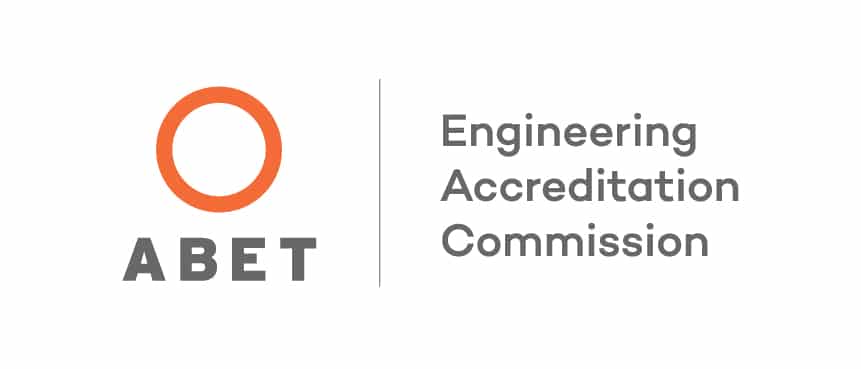
Stringent Accreditation
Both the Electrical Engineering and Computer Engineering programs at NC State are accredited by the Engineering Accreditation Commission of ABET, visit at www.abet.org
By the Numbers

Career Ready
Hundreds of companies and organizations actively recruit NC State graduates, including many of the top Fortune 500 companies. The university hosts the largest engineering career fair in the Southeast with employers from across the country recruiting our students—most have a job offer before graduating. NC State also goes beyond academics with career services and professional development opportunities across campus to help you get recruited.
Around 20 percent of ECE graduates end up in Silicon Valley—NC State is one of the leading providers of talent with its top companies.
Resourced Research
NC State has a rich inventory of research equipment and expertise across the campus’ numerous interdisciplinary labs, with over 150 active research grants in the department alone.
As the only engineering department in the nation to be home to two concurrent NSF Engineering Research Centers, one of three NSF Platforms for Advanced Wireless Research Initiatives, the home of the Department of Energy’s PowerAmerica institute, leaders of the only North America IBM Q Hub, and home to a world-class Nanofabrication Facility, we are ranked among the top academic units engaged in scientific research in the United States.

The Center for Advanced Self-Powered Systems of Integrated Sensors and Technologies is transforming U.S. and global health informatics, electronics, and biomedical engineering industries and empowering personal environmental health monitoring and emergency response. ASSIST develops and employs nano-enabled energy harvesting, energy storage, nanodevices and sensors to create innovative battery-free, body-powered, and wearable health monitoring systems.
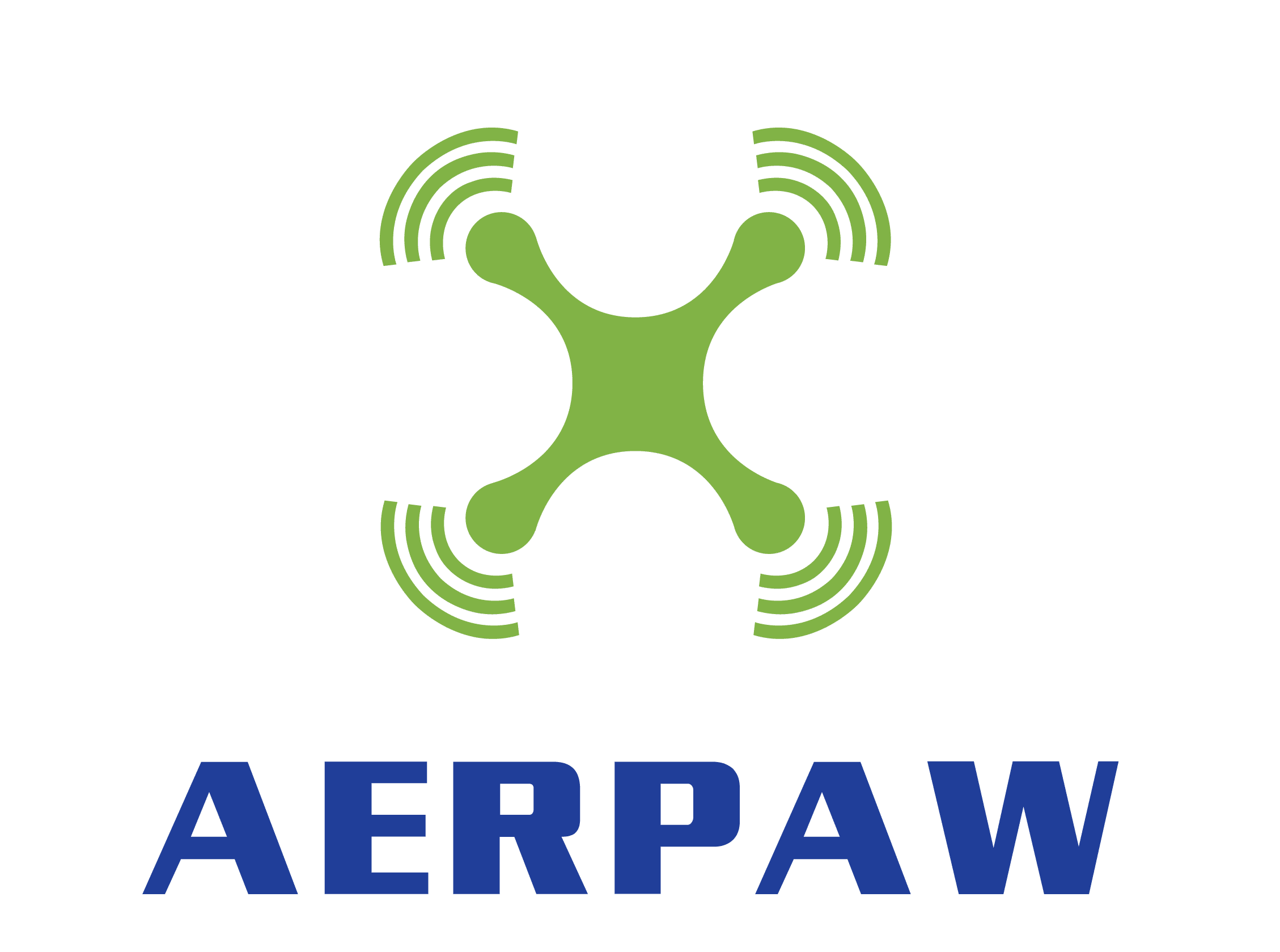
AERPAW is an NSF Initiative to develop an advanced wireless research platform. The center studies how to use 5G wireless connections to improve the capabilities of drones. The goal is to make sure that the U.S. maintains leadership in the technology, which is seen as a game-changer for wireless infrastructure.

The Future Renewable Electric Energy Delivery and Management Systems Engineering Research Center is focused on developing the engineering, science and technology needed to create the 21st century renewable energy power grid and houses several power labs, low and high bay workspaces, and a 40 kilowatt solar array.

The IBM Quantum Hub at NC State is a center of quantum computing education, research, development and implementation. We work directly with IBM to advance quantum computing as well as interdisciplinary applied research, student development and quantum computing curricula at NC State. NC State and members have access to a 53 qubit IBM Q system

PowerAmerica brings together the brightest minds in the wide bandgap (WBG) semiconductor world. Semiconductor manufacturers and the companies that use power semiconductors in their products are working together to accelerate the adoption of next generation silicon carbide (SiC) and gallium nitride (GaN) power electronics
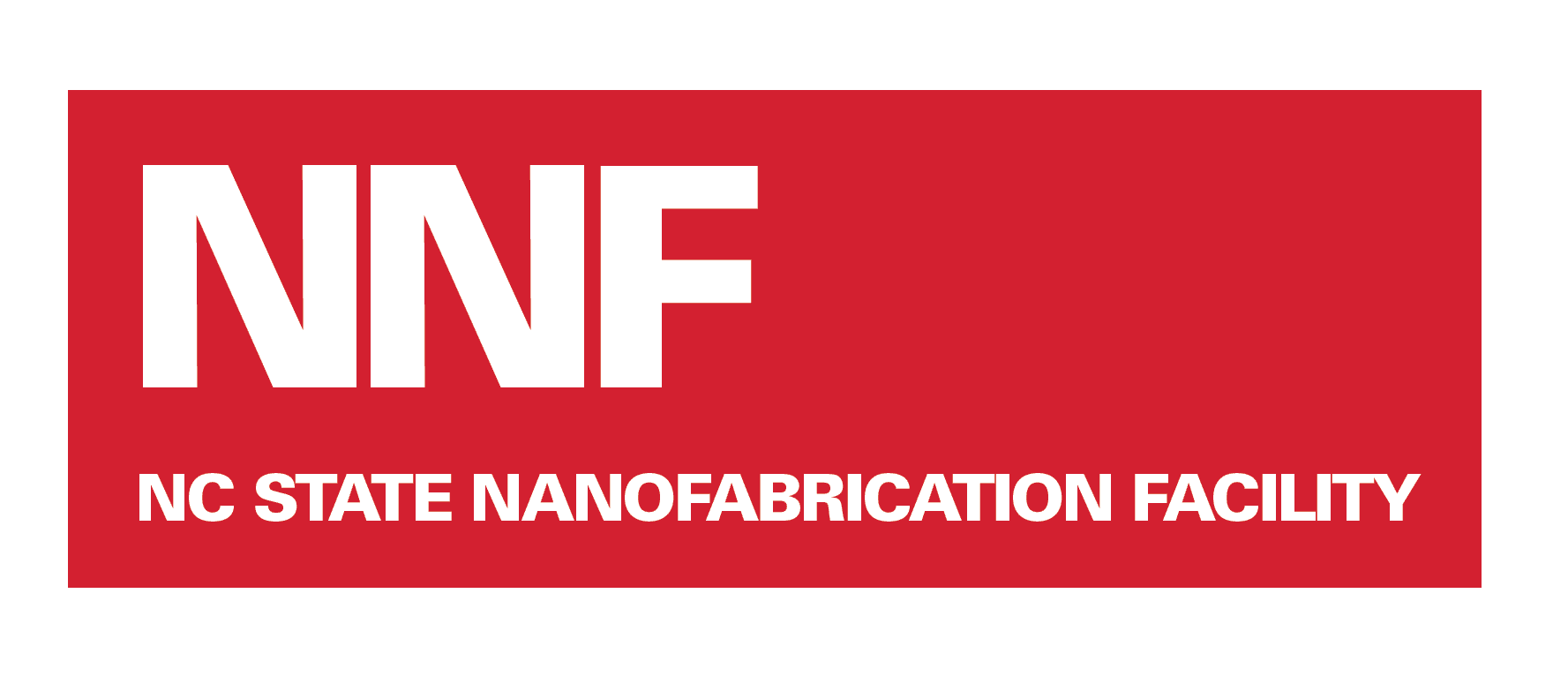
The Nanofabrication Facility occupies a 7400 sq. ft. cleanroom. The facility has a full range of micro and nanofabrication capabilities including photolithography, reactive ion etching (RIE), deep RIE, low-pressure chemical vapor deposition (LPCVD), plasma-enhanced CVD, rapid thermal anneal, thermal oxidation, solid source diffusion, thermal and e-beam evaporation, sputtering, chemical mechanical polishing, various wet etching and cleaning processes, along with various characterization tools.
Your Return on Investment
Earning potential for Electrical and Computer Engineers in the twenty-first century is excellent. The average first term co-op (cooperation education) earns approximately $18.00/hour.
- New BS graduates start out earning an average of $58,000 per year.
- The new MS graduate earns an average of $71,000 per year.
- Graduates who acquire a Ph.D. start at average earnings above $80,000 per year.
Both degrees are also excellent entry points for careers in patent law, business, management, or medicine. The opportunity to develop new technologies and improve existing ones help to make a career in ECE both challenging and exciting. Our graduates don’t just work with tomorrow’s technology, they create it.

Centennial Campus
The Raleigh-Durham area is consistently listed as one of the best places to live in the country. Located just a few miles from the “epicenter of innovation”—Research Triangle Park—our students and graduates have abundant opportunities for internships, co-ops, and employment with leading technology companies. When it’s time to relax and take a break, the beaches and mountains of North Carolina are an easy drive from Raleigh.
Long known as a national hub for research, innovation and public-private partnership, Centennial Campus is home to the College of Engineering and a number of research centers, institutes, and laboratories. Not to mention 76 industry, government and nonprofit partners.
But it’s more than a research park.
Centennial Campus is a bustling—and growing —community. A sprawling landscape with walking trails, a championship golf course, restaurants, condos and a hotel. A mini-city nestled around Lake Raleigh. And, just as important, a destination for fun.
You can catch a movie on the vast Oval Lawn, chow down at a food truck rodeo, enjoy a live concert on the shore, and kayak by moonlight on the lake (not all at once, of course).
The state-of-the-art campus is a collision of learning, research, and innovation—leading to game-changing advancements and technologies that shape the world.
An entrepreneurial campus
135+
Startups Launched
1,010+
U.S. Patents issued
595+
Products to Market
Visit ECE
Don’t just look at the pictures, please come visit our ECE facilities on Centennial Campus and see all that we have to offer.
Administrative Office
919.515.2336
Undergraduate Office
919.515.5087
ece-undergrad@ncsu.edu
Graduate Office
919.515.5460
ece-admissions@ncsu.edu

